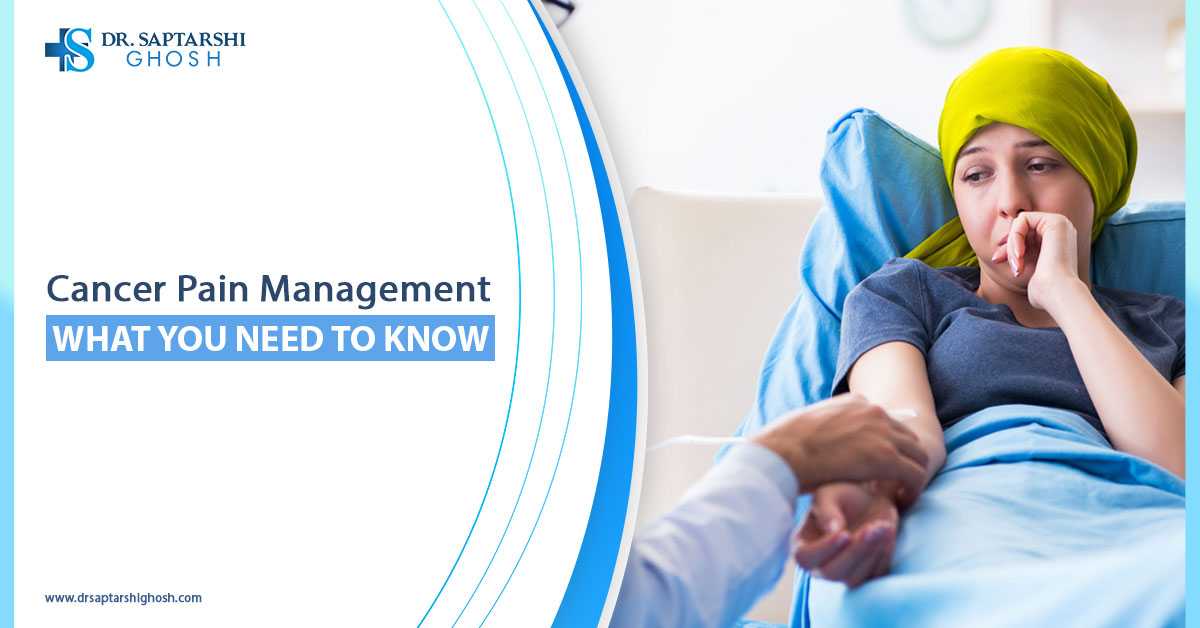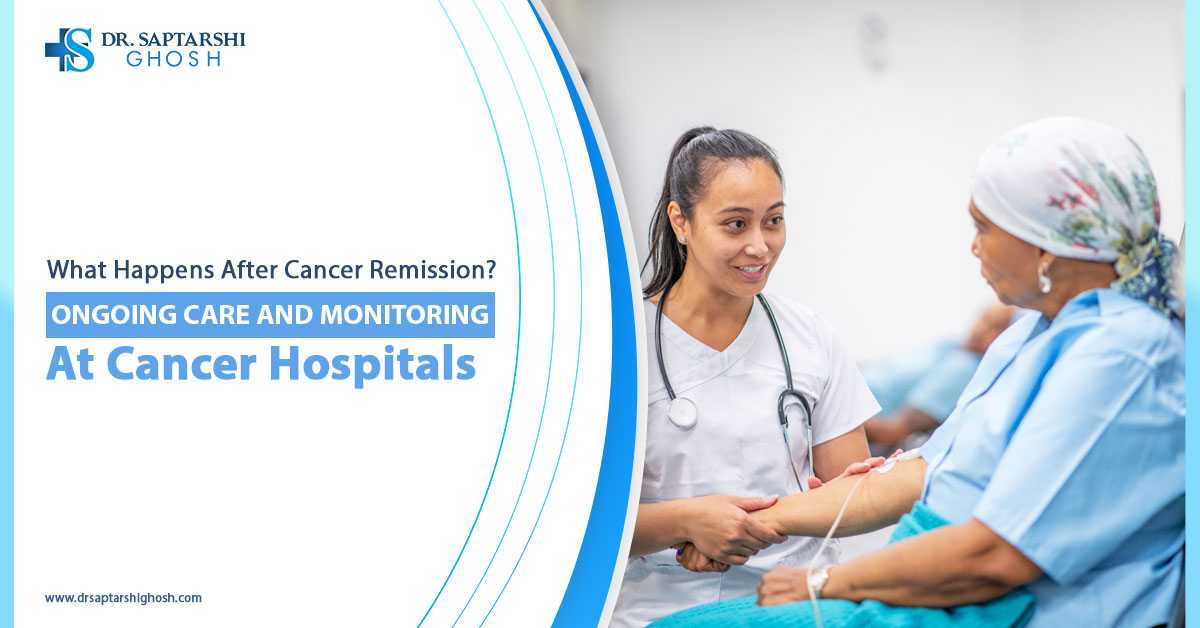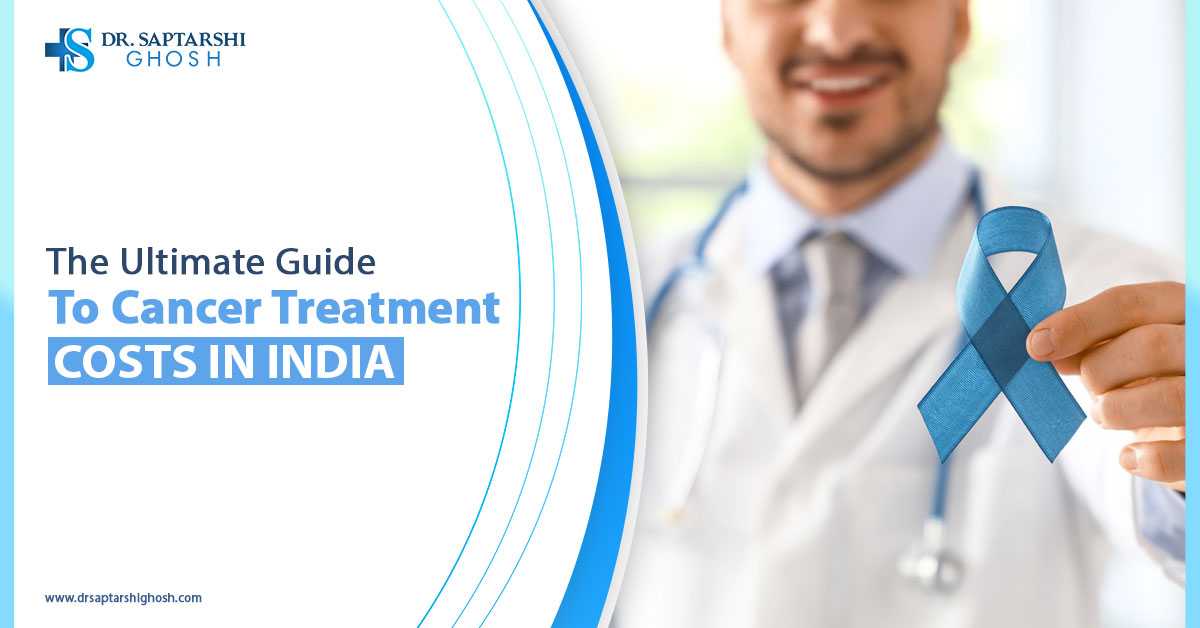Being diagnosed with cancer can be devastating news and you can take quite a long time to process this information. As everyone knows cancer is also one of the leading causes of death across the globe. This information makes the cancer diagnosis more overwhelming and it is quite natural for you to experience a range of emotions. However, you must know that suffering from cancer is nothing to worry about because there are qualified and experienced cancer doctors or oncologists who can provide you with the best cancer treatment in Siliguri for a successful recovery.
Once you have processed the news and developed a strong support system, it is now time to select a reputed oncologist and schedule an appointment. Before visiting the doctor’s chamber, the first thing that you must do is to make a list of questions you have regarding the cancer or its diagnosis and treatment. This will help you to solve all your queries while also enabling the doctor to precisely understand your concerns.
Essential Questions You Must Ask Your Oncologist
1. What is the stage and type of my cancer?
This is one of the most important questions that you must ask the oncologist. This will help you understand the specifics of the cancer so that you can understand its prognosis and available treatment options. While talking about the type of cancer, you must note that there are almost 100 different types of cancer. However, the two main categories of it are-
Blood cancers: Blood cancers often affect the blood-forming tissues of your body such as the lymphatic system and bone marrow. Multiple myeloma and leukaemia are the most common types.
Solid tumor cancers: Carcinoma and sarcoma are the common types of solid tumor cancers. These cancers begin from a malignant tumor which can develop in any sold tissue including glands, organs, and bones.
While discussing staging with your doctor, you will hear about the TNM system. The tumor, nodes, and metastasis system of staging helps in determining the size and its spread to the lymph nodes or organs.
2. What steps can I take to preserve my fertility?
The medical advancements have led to the development of various effective cancer treatment options. However, there are certain cancer treatments that can help you become cancer-free but can severely affect your fertility rate. Some treatment options that can have a major impact on both male and female infertility are radiation, chemotherapy, and hormone therapy.
If the doctor has mentioned any of these treatments for your cancer type then you must ask the question about what you can do to preserve your fertility so that you can conceive later. Herein, the top oncologist in Siliguri will advise you to consult a fertility specialist to discuss the potential options.
For women: Embryo and egg freezing are considered the best options for fertility preservation among women, where high-quality eggs are cryopreserved for future use.
For men: Men also have an effective fertility preservation technique, where they can preserve their sperm for further usage. In some cases, the doctor might also recommend to preserve the reproductive tissues.
3. What are the available treatment options for my cancer and its benefits?
Your overall health condition, stage, and type of cancer are some important considerations that will help in determining the best cancer treatment. Herein, you must have clear communication with the oncologist about the available treatment options for your condition and what benefits you can expect from it. Some of the most common cancer treatments include-
Chemotherapy: This is the most common treatment approach where drugs are often administered intravenously. Chemo helps in preventing the spread of cancer while shrinking the size of the tumor.
Surgery: Surgeries aim at removing the entire malignant tumor and its surrounding tissues while leaving you cancer-free.
Immunotherapy: In this therapy, the doctors boost your immune system with drugs so that you can fight against the cancer cells.
Radiation therapy: This treatment is often used with chemo or surgery where high-energy rays are used to kill the cancer cells.
4. What long-term side effects can I expect after the cancer treatment?
Before starting with the best cancer treatment in Siliguri, you must be aware of its long-term side effects. It is important to remember that not everyone experiences the same side-effects so it is a better option to communicate with the oncologist about it. However, some of the most common side effects that you can expect are-
Cardiovascular problems- Certain cancer treatments such as chemotherapy can take a heavy toll on your blood vessels and heart while increasing the risk of stroke and heart failure.
Extreme fatigue- This is the most common side effect which can make it difficult for the cancer survivor to perform daily life activities.
Neurological issues- Both radiation and chemotherapy have the ability to damage your nerves while leading to balance, sensation, and movement-related issues.
5. Do I have to schedule follow-up appointments after the cancer treatment?
Even after completing the cancer treatment and being cancer-free, there are still some chances of cancer recurrence. This is why it is vital for you to ask your doctor whether you have to schedule follow-up appointments or not. In most cases, the oncologists recommend arranging quarterly or annual routine examinations which help the doctors assess your overall health condition.
During these check-ups, various imaging tests, physical examinations, and laboratory tests are conducted such as CT scans, blood count monitoring, and MRIs. You must remember that the frequency and the tests included in the follow-up appointments will be based on your specific condition. Herein, the doctor will curate a personalized plan, especially for you. Even if you’re feeling well, you should never miss any of these appointments.
6. How many years of experience do you have in treating this cancer?
Once you have understood everything about the diagnosis and treatment options for your cancer. It is now time for you to ask the doctor about their qualifications and experience in treating this cancer. You must know for successful cancer treatment, it is necessary for you to appoint an experienced doctor who has all the credentials and specialization to treat cancer.
There are various benefits of consulting an experienced doctor which range from accurate diagnosis and precise cancer staging to the development of personalized treatment plans and effective management of side effects. Additionally, the oncologists who have in-depth experience can also understand the early signs of cancer recurrence which will help you to get prompt intervention. You can expect to get a better prognosis and enhanced life quality with expert guidance from experienced oncologists.
7. Will the cancer treatment have any impact on my lifestyle?
It is normal for you to be concerned about your professional and personal life while undergoing cancer treatment. To alleviate these concerns, you must ask your oncologist whether the treatment will have any potential impact on your lifestyle or not. Some of the changes that you can expect during the treatment journey are-
Social changes: The side-effects of cancer treatment often restrict you from socializing with everyone like you used to do. This can strain your relationship with others.
Physical changes: There can be a range of physical changes associated with cancer treatment which include weight fluctuations, fatigue, and hair loss.
Emotional changes: It is also common for cancer patients to experience emotional distress during the treatment such as depression and anxiety. Herein, some patients may also suffer from uncertainty.
8. What will happen if the cancer treatment doesn’t work?
It can be quite difficult and challenging to process that the decided treatment plan didn’t work for you. However, this doesn’t mean the end of everything because there can be other treatment options that can work for you. This is why before undergoing the treatment, you must ask the oncologist about the other available treatment options for your condition.
There are new clinical trials coming every day so if the current treatments don’t work then the doctor might recommend participating in certain trials. Herein, to manage the symptoms and provide you with quality of life, palliative care can also be given to you. If nothing works, then the last option is to provide end-of-life care or hospice care so that the patient can receive the required support till the end.
It is crucial to be clear about everything before deciding to undergo the best cancer treatment in Siliguri. Herein, to know everything about your condition and the goal of the treatment the best person you can rely upon is your appointed oncologist. The oncologists will always listen to you carefully and then solve all your queries so that you can undergo the treatment without any confusion.
Comments (0)






